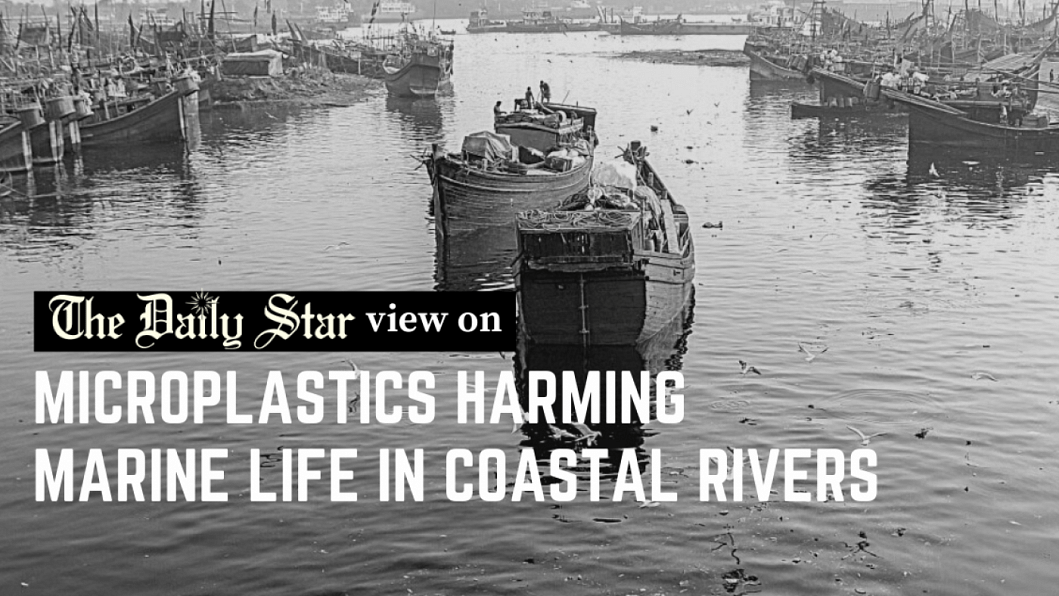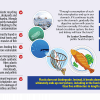Save Sundarbans from plastic pollution

Amid concerns over the impact of what many have dubbed a "plastic pandemic" in Bangladesh, with tonnes of plastic waste ending up in our rivers every day, scientists have revealed how this is harming marine life in the Sundarbans. According to data collected by a research team, at least 17 species of fish and three species of shellfish from three rivers flowing through the Sundarbans have been found to be contaminated with microplastics. Microplastics are tiny pieces of plastic that, once swallowed by fish, can end up in the human food chain as well.
The study report, published in an environment journal, has also revealed varying amounts of harmful microplastics found in the muscles and gastrointestinal tracts of the fish analysed. It concluded saying that an adult individual consuming 300g of fish muscles per week will ingest 74,282 particles of microplastic annually. On the other hand, a child eating 50g of fish per week will end up consuming about 12,380 particles annually. This can result in various health complications. As an expert told The Daily Star, "If it [microplastic] continues to pile up in the stomach, the digestive system will gradually cease to function. If it enters the blood circulation system, the liver and kidney will bear the brunt."
Clearly, the risks are huge, even if their effects may not be felt immediately. The discovery about the presence of microplastics in fish and thereby in humans is nothing new, however, nor is the picture that has been given complete by any means, as only 141 specimens from 20 species were analysed (the Sundarbans is home to over 300 species of fish). But it does confirm doubts about the upward trend in plastic debris accumulation in rivers which has reached far-flung corners of the country. Reportedly, about 25,000 registered fishing boats harvest fish from the Sundarbans and the adjacent bay, with the annual catch from its water bodies estimated to be 3,000 tonnes of fish and 18,150 tonnes of crustacean. It's daunting to think how this huge pile, as well as those from other parts of the country, is impacting the health of consumers.
The time has come to take a critical look at why the authorities, despite a ban on single-use plastic, are failing to prevent its use or discharge into rivers. One may recall a 2020 court directive to the Department of Environment to stop use of single-use plastic in coastal areas by 2022. But as it transpires from the study cited above and various media reports, not only has the department failed to stop it, it has even failed to make any sort of progress in this regard. The lack of political will is largely to blame for that. But we must also address the lack of accountability for institutions in charge of preventing the use of plastics and their unsupervised disposal.
We urge the government to take immediate steps in this regard. As well as increasing supervision, raising awareness and undertaking more research on microplastics, it must hold to account those in charge of stopping river pollution. The plastic ban must be implemented urgently.

 For all latest news, follow The Daily Star's Google News channel.
For all latest news, follow The Daily Star's Google News channel. 







Comments